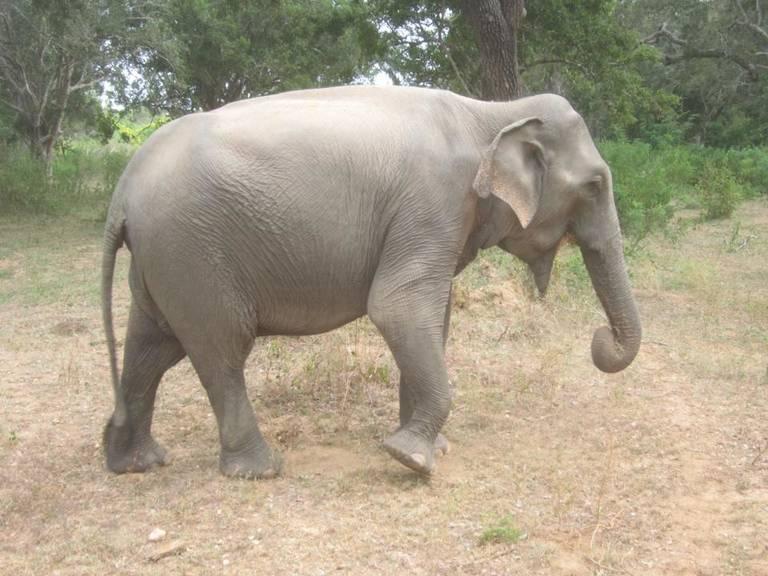
Tomorrow, August 12, is World Elephant Day. As these magnificent creatures increasingly come under various threats, from economic development to poaching, tomorrow is a reminder to do what we can to protect and conserve them and their natural habitat. The organizations that have partnered on World Elephant Day since 2012 also ask citizens to experience this family of pachyderms by interacting with them only in humane, sustainable and non-exploitive environments.
Last month, the NGO World Animal Protection issued a report that in great detail described how thousands of elephants worldwide, especially across Asia, are exploited and cruelly treated in deplorable conditions. Those elephants you may have ridden in a trek in northern Thailand or during a safari in Sri Lanka are most likely, in World Animal Protection’s assessment, treated “appallingly.”
Now more tour companies and travel sites are pushing back and doing their part to educate citizens about the cruelty behind elephants used by the tourism sector. Intrepid Travel, for example, severed all ties with elephant ride operators three years ago. TripAdvisor announced last fall they would phase out sales for any attraction in which humans can come in close contact with wildlife, including elephants.
Meanwhile, more needs to be done to stop the relentless threats elephants confront. Drones, for example, have been used in an attempt to ward off poaching.
The destruction of elephants and their habitats not only is pushing these animals to the brink of extinction, but also threatens the way of life of local citizens who could otherwise co-exist with them. One study has suggested that across southern African countries, eco-tourism opportunities offered by elephants could help more communities thrive. And a French NGO, Des Éléphants & Des Hommes, has worked since 2003 to help humans and elephants live together for both environmental and economic developments.
Time is running out, however. The United Nations recently announced that factors, including the illegal ivory trade, have increased their premature deaths and are now outpacing their rate of natural deaths across central and west Africa.
Image credit: Leon Kaye

Leon Kaye has written for 3p since 2010 and become executive editor in 2018. His previous work includes writing for the Guardian as well as other online and print publications. In addition, he's worked in sales executive roles within technology and financial research companies, as well as for a public relations firm, for which he consulted with one of the globe’s leading sustainability initiatives. Currently living in Central California, he’s traveled to 70-plus countries and has lived and worked in South Korea, the United Arab Emirates and Uruguay.
Leon’s an alum of Fresno State, the University of Maryland, Baltimore County and the University of Southern California's Marshall Business School. He enjoys traveling abroad as well as exploring California’s Central Coast and the Sierra Nevadas.














